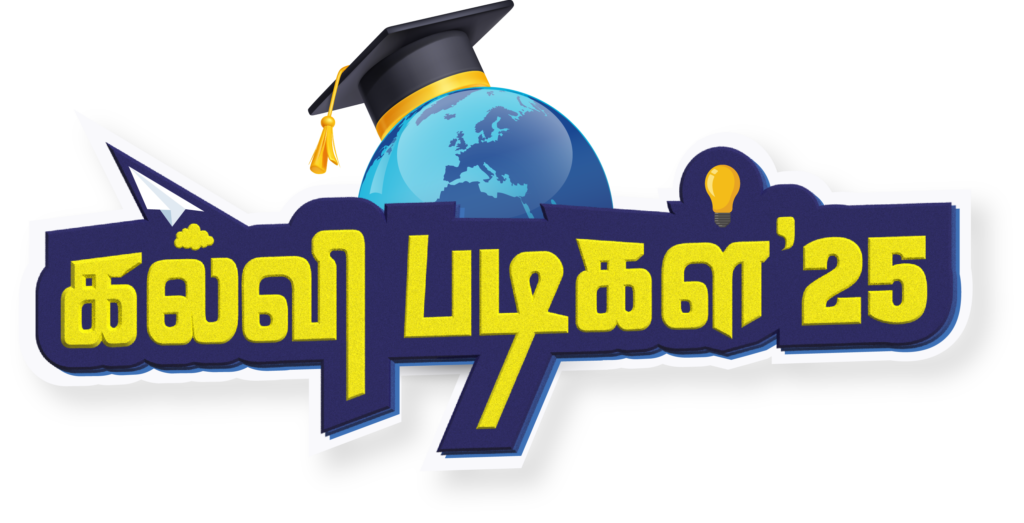Engineering innovation that’s shaping our lives
From clean drinking water in rural villages to self-driving cars on city streets, engineering has become the invisible force powering transformative change around the globe. Far from being confined to textbooks and labs, engineers today are tackling real-world problems with innovative, scalable, and impactful solutions.
This article explores how engineers across disciplines are addressing modern challenges and making a real difference in people’s lives. If you’re a student aspiring to join the engineering field—or a parent guiding a future innovator—understanding this practical relevance is crucial.
1. Engineering: The Bridge Between Problems and Solutions
Real-world problems—whether environmental, infrastructural, technological, or social—require more than just awareness; they demand action. Engineers are trained to turn complex issues into opportunities through design, analysis, and implementation.
What sets engineering apart is its focus on scalability, efficiency, and practical results. A single engineer’s idea can touch thousands of lives, from building flood-resistant homes to automating life-saving medical devices. And as global problems become increasingly complex, interdisciplinary engineering—blending civil, electrical, software, and environmental sciences—has become the norm.
2. Real-World Examples Across Engineering Disciplines
a. Civil Engineering
Civil engineers are leading the way in creating smart, resilient, and sustainable infrastructures. In flood-prone areas, elevated housing designs and permeable pavements are helping mitigate water damage. Smart cities like GIFT City in Gujarat integrate IoT-based traffic systems, smart grids, and green buildings that minimize energy usage and carbon emissions.
b. Mechanical Engineering
Mechanical engineers are improving lives through accessible technology. In India, startups are designing low-cost prosthetic limbs using 3D printing technology. Renewable energy innovations, such as solar-powered water pumps and wind turbines, are also being developed to serve off-grid rural areas.
c. Electrical & Electronics Engineering
Microgrid systems are electrifying remote villages without the need for expansive infrastructure. Automated irrigation systems equipped with soil moisture sensors are transforming agriculture by improving yield and reducing water waste. These innovations demonstrate how electrical engineers contribute directly to improving quality of life.
d. Computer & Software Engineering
Engineers in this field are driving digital transformation in healthcare, education, and governance. AI-powered mobile apps are diagnosing diseases like diabetic retinopathy with high accuracy. Meanwhile, smart surveillance and public safety platforms are enhancing urban security.
e. Chemical & Environmental Engineering
Engineers in this domain are at the forefront of sustainability. Innovative water purification techniques like solar distillation and membrane filtration are making clean water more accessible. Waste-to-energy plants are helping cities manage solid waste while generating power.
3. Engineers in Action: Success Stories from India & the World
India’s engineering talent is being showcased through initiatives like ISRO’s Chandrayaan missions, which have brought space exploration to global headlines. IIT Madras students developed the world’s first remote learning platform for the visually impaired. Social startups like “Saathi” are producing biodegradable sanitary pads using agricultural waste, led by engineers passionate about both health and sustainability.
Globally, Elon Musk’s engineering-led ventures (Tesla, SpaceX) demonstrate how engineering can redefine mobility and space travel. MIT students created a $100 ventilator solution for emergency use during the COVID-19 pandemic—proving how young engineers can deliver high-impact solutions quickly.
College students are also making waves. Competitions like Smart India Hackathon and international challenges like Robocon provide platforms for student engineers to develop real-time solutions for pressing societal issues.
4. Skills That Enable Engineers to Solve Problems
Solving real-world problems requires a specific set of abilities beyond academic knowledge.
- Design Thinking: Engineers are increasingly using design thinking principles to understand users, redefine problems, and create innovative solutions.
- Critical Thinking & Analysis: Engineers must assess multiple scenarios and make decisions based on data and logic.
- Hands-On Experience: Theories must be tested through models, prototypes, and simulations.
- Collaboration: Solutions are rarely developed in isolation. Engineers must work with peers from other departments and even non-technical teams.
- Communication: Whether pitching ideas, writing reports, or explaining concepts to stakeholders, clear communication is key.
These skills are what bridge the gap between an academic engineer and a professional problem-solver.
5. Why It Matters for Future Engineers
In today’s world, employers seek engineers who can solve problems creatively and efficiently. It’s no longer enough to just pass exams. Students who understand real-world applications of their field are more confident, employable, and impactful.
Choosing engineering means choosing a career where one can leave a mark—whether that’s helping farmers use precision agriculture or designing safer roads in urban centers. Engineering is a career path for those who want to create, innovate, and contribute to global betterment.
